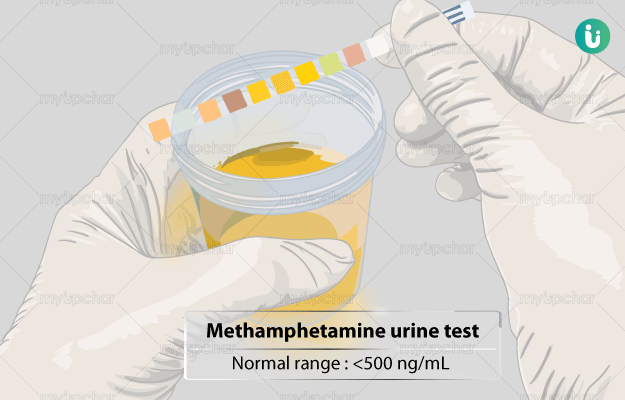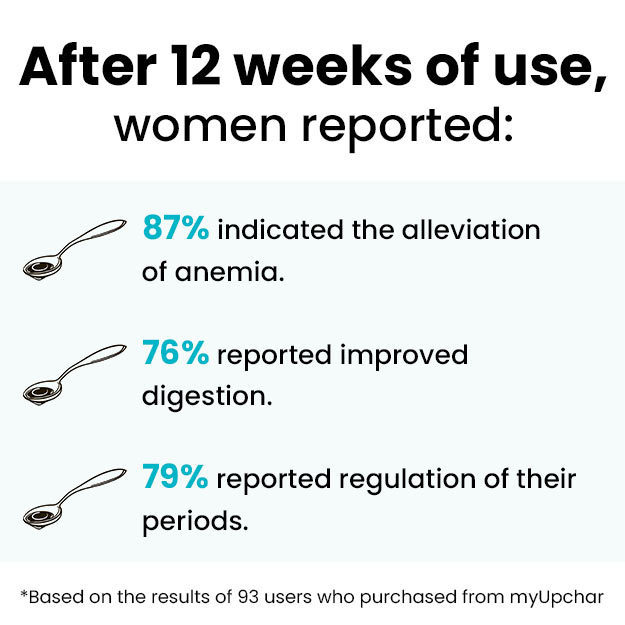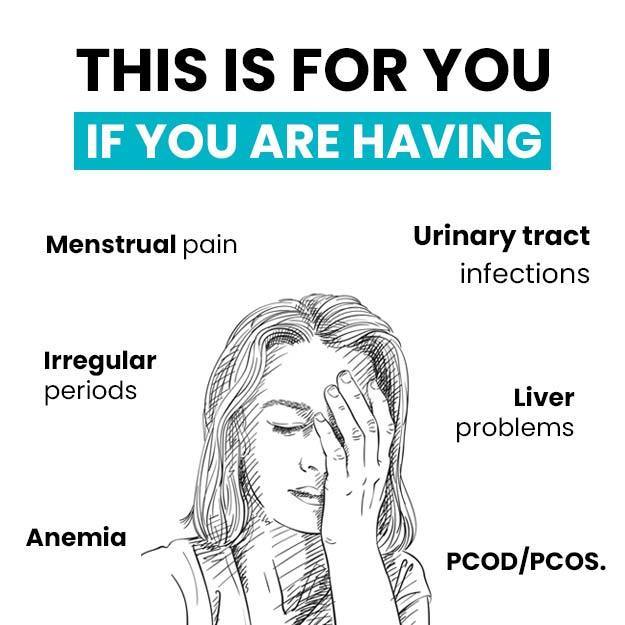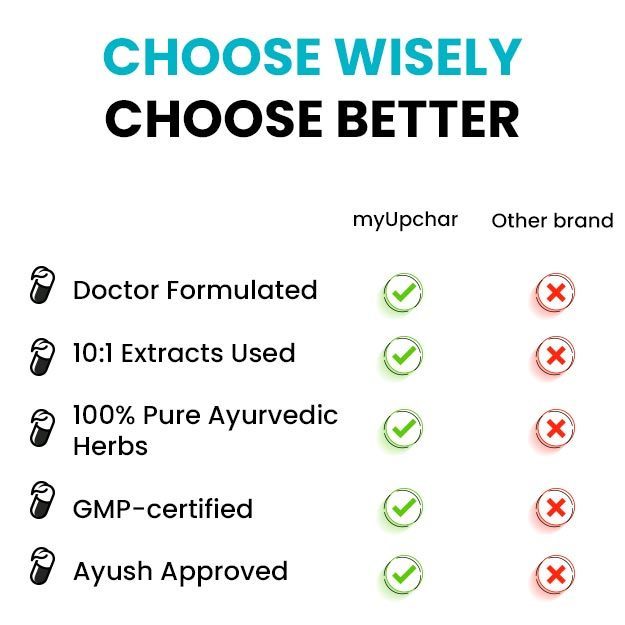What is Methamphetamine urine test?
Methamphetamine is a commonly abused drug which is known by several nicknames like crank, speed and meth. Just like amphetamine (the parent drug), meth is a powerful stimulant of the central nervous system (makes the user feel unusually alert and energetic) and is highly addictive.
The methamphetamine urine test is performed to test for the presence of this drug in your urine.
Methamphetamine is commonly taken by snorting, ingesting, smoking or injecting it using a needle. It targets the brain where it leads to an increase in the levels of a natural chemical called dopamine. Dopamine is associated with feelings like reinforcement, motivation and happiness. Due to the excess of dopamine, the user experiences temporary euphoria (extreme happiness). Methamphetamine can also cause hallucinations, delusions, aggression and violent behaviour. Its effects are known to last for six to eight hours but may continue for 24 hours.
Continuous use can cause long-term health risks such as heart problems and brain damage, while an overdose of this drug can be fatal.


































